
Google releases open source 'Cartographer'
Machine learning and vision are essential technologies for the advancement of robotics. When sensors come together, they can enable a computer or robot to collect data and images in real-time.
A good example of this technology in real-world use is the latest Roomba vacuums. As the robot cleans your dirty floor, it is using sensors combined with a camera to map your home. Today, Google releases Cartographer -- an open source project that developers can use for many things, such as robots and self-driving cars.

Google's new Pixel phones spell the end of the Nexus line
Now that Google has its own line of smartphones developed completely in-house, you may be wondering what sort of impact will it have on the beloved Nexus brand? The Pixel and Pixel XL are not direct replacements for the Nexus 5X and Nexus 6P, targeting shoppers in the premium segment. Could there be something just around the corner to fill in the gaps?
Traditionally speaking, the Nexus brand has featured at least one affordable smartphone in the line -- last year, it was the Nexus 5X -- so it would make sense for Google to launch something similar. However, if we are to believe Android head Hiroshi Lockheimer, you should not get your hopes up.
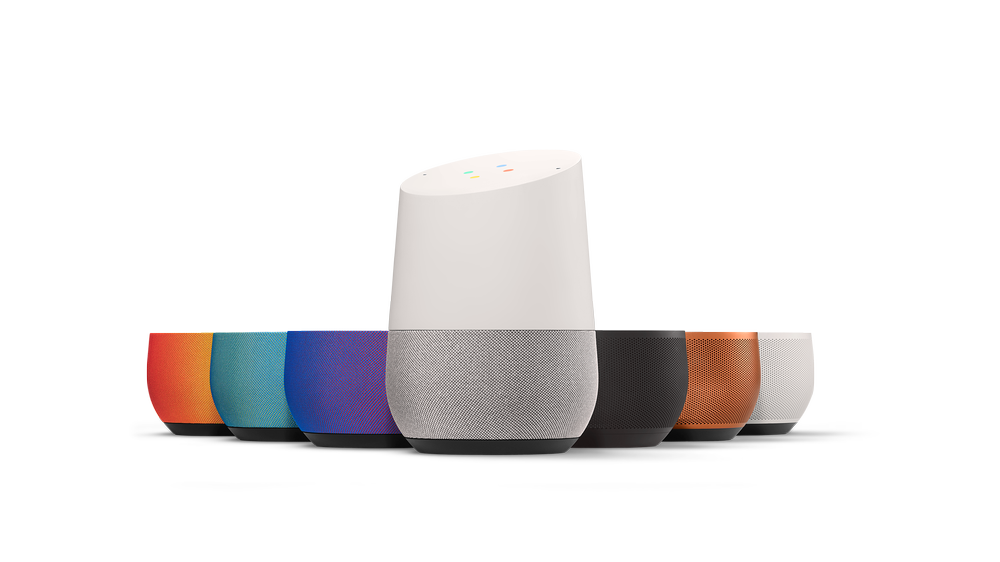
Come Home to Google's new personal assistant
Up until now Amazon has had a free reign of the market for home assistants thanks to the success of Alexa. It was time to get some competition, which tends to make things better all around and few companies are more capable than Google.
That's exactly what the search giant is doing today. While rumored as the event to unveil the Pixel Phone, other things were also on tap for showing off, including a new Wi-Fi system and Home, Google's answer to Alexa.
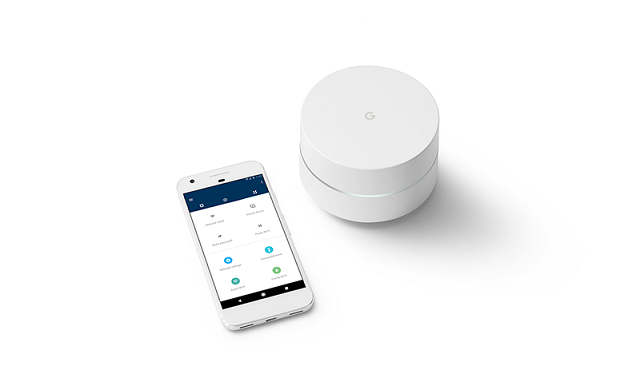
Google Wifi reinvents the wireless router -- but does it need reinventing?
When wireless routers first went mainstream they felt like magic. Connecting your laptop to the internet without a cable? Amazing. As time marched on, routers became more impressive, getting longer range and faster speeds. Nowadays, there are many affordable routers on the market, and many consumers are happy with them.
Apparently, Google thinks the router needs to be reinvented, as today it announces the unimaginatively named "Wifi'. Yes folks, that is what the search giant came up with as the name for its Wi-Fi router. This product is special, as it is very easy to set up and multiple units can be connected to blanket a large area in mesh wireless internet. Its small stature should make it a good fit in any room too.
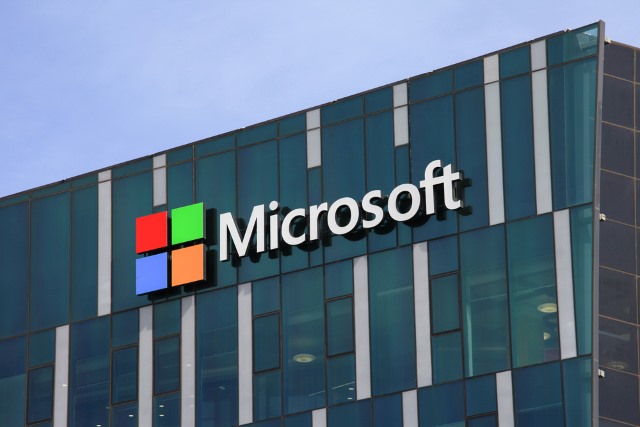
Microsoft's bot platform has 45,000 developers -- more than Facebook's, less than Google's
Facebook, Google and Microsoft are currently locked in a battle over which bot platform will have more developers, and currently it's Google that's winning -- but it's not that simple.
Just before releasing its chat app Allo, Google acquired API.ai, a bot-building platform through which developers can make bots for various platforms. API.ai is currently being used by 60,000 developers, according to VentureBeat, putting Google at the top of the pack. Considering that it has just only acquired the start-up, it’s easy to argue that the company didn’t really do much to hit that milestone.
Pixel and Pixel XL are Google's iPhone killers
It may have been one of the worst kept secrets in tech launches, but today Google officially took the wraps off its Pixel and Pixel XL smartphones. In terms of hardware it could be argued that there is nothing too spectacular here, but even if you ignore the (still very impressive) hardware side of things there are two features that directly take on Apple: Google Assistant to compete with Siri, and unlimited full-resolution photo backup.
Unlike Google's previous Nexus range, the Pixel handsets carry no other branding -- these are the first phones designed and built inside and out by Google and Google alone. We already knew just about everything about the two handsets -- which neatly compete with the iPhone 7 and iPhone 7 Plus, but now everything, and more, has been confirmed.
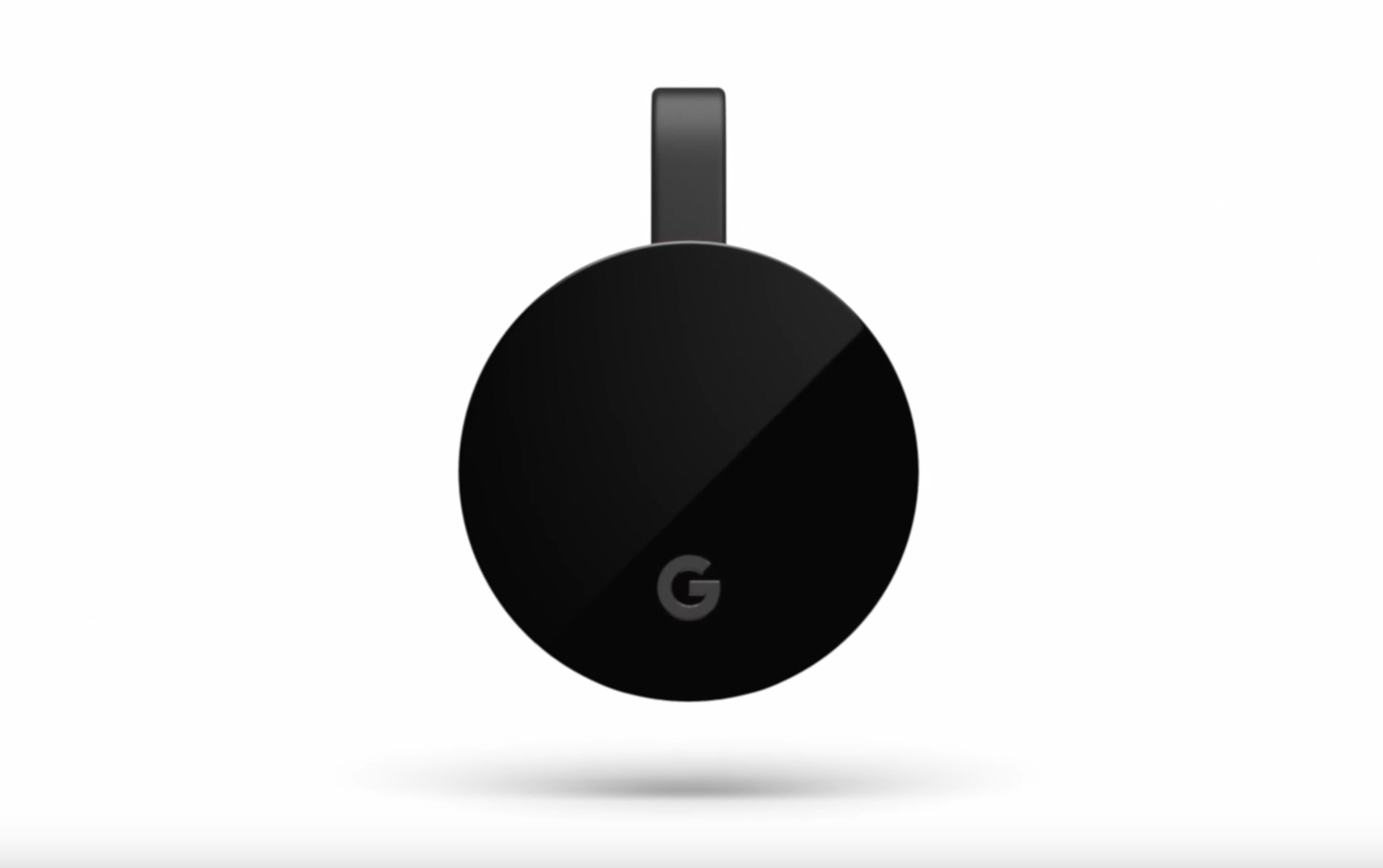
Chromecast Ultra delivers 4K content for just $69
Google’s Chromecast has evolved a fair bit since the streaming dongle first launched three years ago.
The newest member of the Chromecast family, announced today at the Made by Google event, keeps the same puck-like design of its predecessor, but offers 4K resolution video streaming, for a very affordable price -- just $69.

Watch the 'Made by Google' hardware event here, live
Google, as you’ll no doubt be aware by now, is hosting a major hardware event today where it will be taking the wraps off, among other things, its new Pixel phones.
The "Made by Google" event will showcase the next generation of Google created hardware, and start today at 12PM ET/5PM BST / 9AM PT.
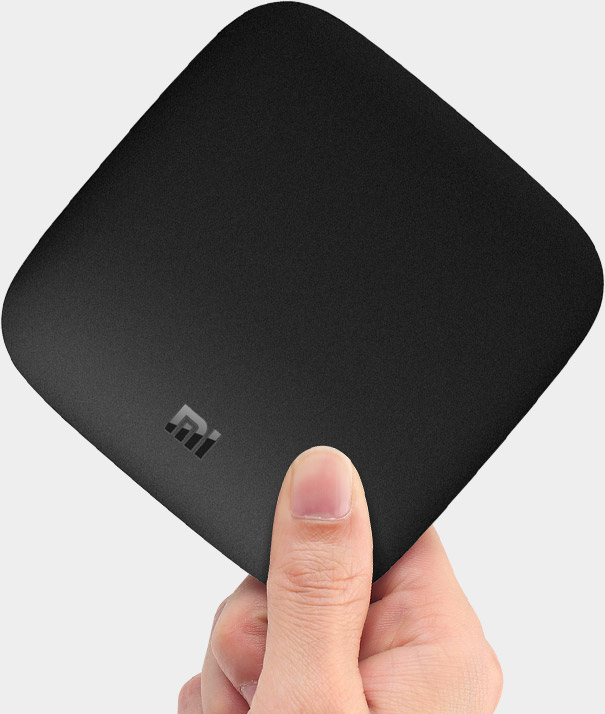
Xiaomi finally launches its long-awaited Mi Box
As Google TV struggled, Roku and Amazon Fire TV were seemingly taking over the market. Google finally let its TV platform go, but announced it would be replaced with Android TV. The company also promised a third-party set-top player known as the Mi Box.
It has taken since June, but the much-anticipated Mi Box, announced at Google I/O, is finally hitting the market.
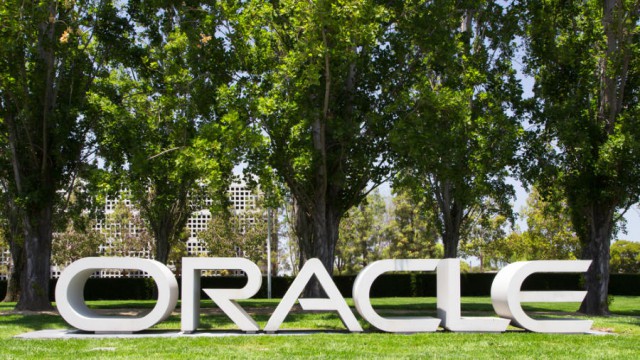
Oracle loses appeal against Google in Java API case
Oracle has once again been unsuccessful in its latest effort to obtain a new trial in its Java API copyright claim against Google. Judge William Alsup of the San Francisco District Court has denied Oracle's latest motion to have its case reheard on the grounds of misconduct on the part of Google's lawyers.
Since 2010, the two companies have been in an ongoing legal war that was ruled in Google's favor. However, in the six years that have passed Oracle has repeatedly appealed the ruling multiple times.
Carphone Warehouse leaks full Google Pixel and Google Pixel XL specs
Google is on the verge of launching the Pixel and Pixel XL, but no launch would be complete without its share of leaks. This time around the slipup comes courtesy of UK retailer Carphone Warehouse which posted details of Google's upcoming phones, complete with photos and full specs.
The same mistake was made by Canada's Bell, effectively confirming the specifications which thus far have only been rumors. The listings not only reveal what we can expect in terms of hardware, but also show that Google is going to offer free, unlimited photo backups at full resolution for Pixel owners.

Google faces fines for anticompetitive Android practices in Europe
European regulators could hit Google with large fines if the company does not stop offering financial incentives to smartphone manufacturers to pre-install its own apps on handsets. Documents obtained by Reuters show that a potential fine could be linked to the revenue Google makes from AdWords.
With advertising being Google's primary source of income, this has the potential to be a fine of unparalleled magnitude. The European Commission knows that it needs to hit Google where it hurts if anticompetitive practices are to be effectively discouraged. The Commission says it "intends to set the fine at a level which will be sufficient to ensure deterrence".
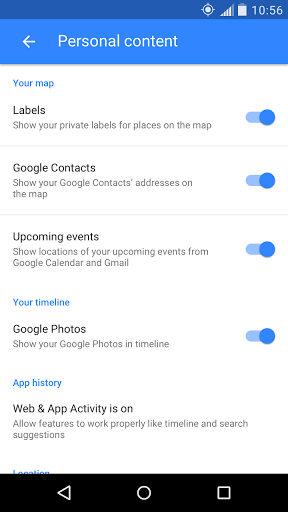
You can now get your Google Calendar Events in Google Maps
Of the multitude of properties Googles owns, Maps and Calendar are two of the more popular ones. Both products can easily be associated with one another in the case of business travelers, so why not bring them together?
That's exactly what Google is doing, making your Calendar appointments available to see while using Maps. This isn't just driving either, it will work just as well if you are taking public transportation.
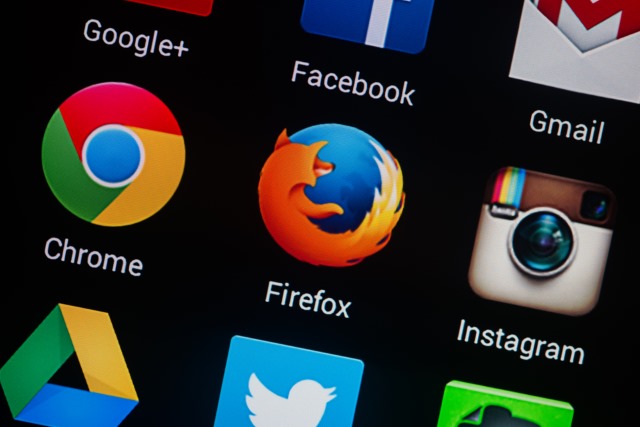
Mozilla announces Project Mortar to bring Chrome plugins to Firefox
The browser wars continue as Chrome, Opera, Firefox and Edge all vie for attention. One of the biggest draws to any browser is plugin support, and the absence of a particular plugin can make the difference between a user switching allegiances or sticking with their tried-and-tested browser.
With this in mind, Mozilla launches Project Mortar. Its aim is to make the development and maintenance of Firefox as cheap and easy as possible. To do this, it is investigating the possibility of borrowing plugin functionality from other browsers, including PDF and Flash support from Chrome.

Google creates a new virtual reality experience: "A Walk Through Dementia"
The experiences of others can be difficult to understand -- do you see green in the same way as me? But things are even harder -- and more important -- to grasp in the world of medicine. Just what is it like to have dementia, for example? It's much more than just memory loss and confusion.
Understanding what the world is like for someone with the condition can help others to learn how they can help sufferers more effectively, and Google has created a new virtual reality experience with this precise aim in mind. "A Walk Through Dementia" is a Google Cardboard-compatible experience, although any VR headset will do the job, it can also be viewed on YouTube.